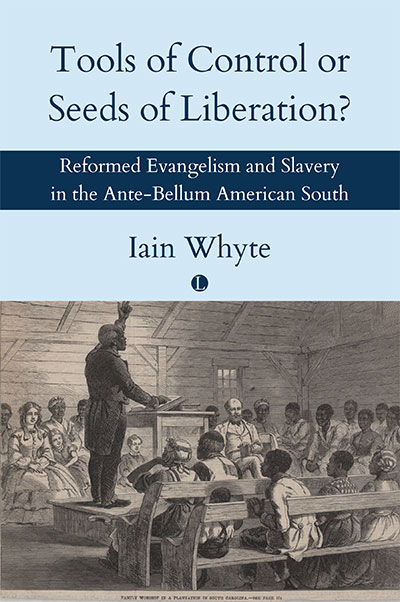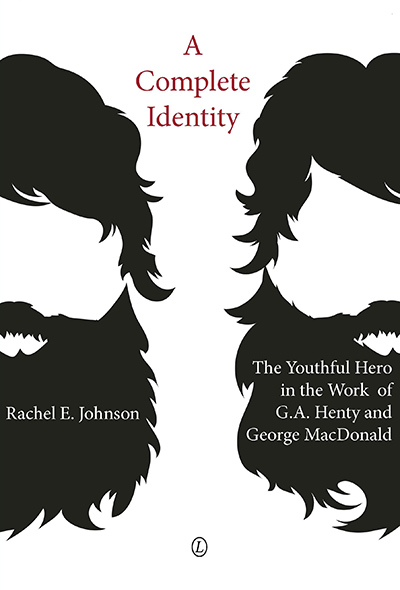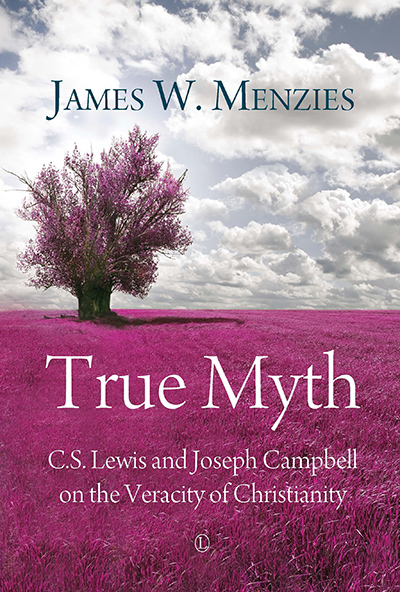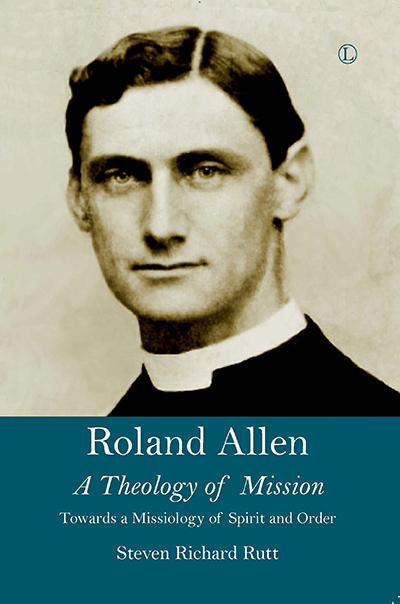Description
Examining the history of slavery in the American South, it is impossible to separate the interpretations of Christianity from the arguments and counter-arguments surrounding liberation. In Tools of Control or Seeds of Liberation, Iain Whyte considers how this intertwining of ideologies impacted enslaved people and their relationship to religion. Tracing the legacy of the reformed tradition from its enthusiasm for ‘instruction for all’, to the weakening of vie ws on injustice by slave-holding Christians, Whyte explores in detail the dilemmas, compromises, and self-interest of many Reformed Christians. He considers the essential incompatibility of faith in Jesus with the support of slavery, and how the movement for abolition in the mid-eighteenth century focussed Christians on this question.
In the second half of this book, Whyte concentrates on the voices of enslaved people, recording first-hand experiences of religion and its connection to slavery, exploring how remarkable women such as Harriet Tubman and Sojourner Truth liberated themselves, and returning to Scotland with Frederick Douglass to consider the Scottish protestant reaction. Whyte’s detailed study considers the intertwining of religion and slavery from every angle, and ultimately explores how Christianity could provide the seeds of liberation.
About the Author
Iain Whyte is the Former President of the Scottish Church History Society and Honorary Post Doctoral Fellow, University of Edinburgh for his work in the history of slavery and abolition. He is author of three books and many articles on slavery and abolition including James Clarke & Co title: Send Back the Money! (2012).
Contents
Acknowledgements
Introduction
1. John Knox and the Legacy of Religious Education
2. New World Presbyterians – Slavery and Caution
3. Th e Dilemmas of Some Princetonians
4. Rebellion and Reaction
5. Paternalism and Colonialism
6. Religious Education and Slaveholding
7. Religion in the Memory of the Enslaved
8. Against the Odds — Two Self- Liberated Women in a Male Era
9. Black Presbyterians in Cooperation and Conflict
10. Visiting the Reformation Roots
11. In the End of the Day
Index
Endorsements and Reviews
The leading authority on the churches and abolitionism in Scotland, Iain Whyte explores in this important work the ambivalent inculturation of the Reformed tradition in the ante-bellum south of the USA. While recognizing the troubling capacity of Christian theology to reinforce the most inhumane practices, he directs us to examples of its disruptive and liberating potential.David Fergusson, Regius Professor of Divinity, University of Cambridge
This book is a timely read! Despite the gospel’s call to love, there were sections of the Church, including Christians within the reformed tradition, that supported African enslavement. With the compassion of a pastor and the flawless research of an academic, Dr. Iain Whyte has handled this complicated and delicate subject in a way that is accessible and illuminating.Jimi Calhoun, Author, Pastor, Musician






